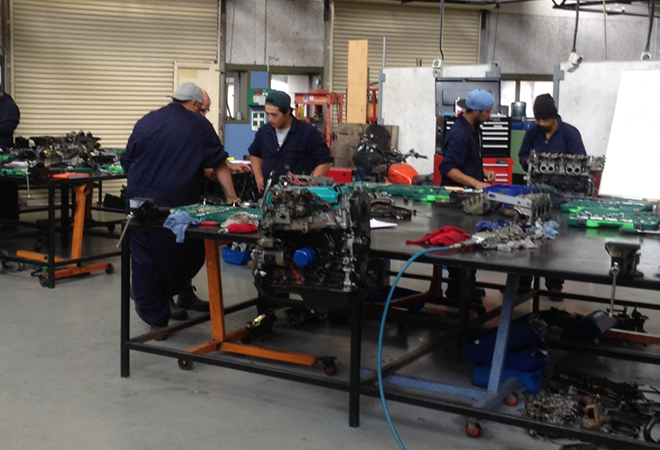
Contextualising vocational programmes to match institutional and industry settings
Status
Project Details
A project, completed in 2016, to identify barriers and solutions associated with delivering an automotive training programme package in different institutional and industry settings, in order to help tutors to tailor programmes to context and ensure consistency and relevant learning for students. A collaboration of Bay of Plenty Polytechnic, Eastern Institute of Technology, Christchurch Polytechnic Institute of Technology and Nelson Marlborough Institute of Technology.
Aims:
The key project aims were to:
- identify barriers and solutions associated with delivering a particular programme package in different regions, institutional and industry settings
- assist teaching staff understand ways in which they can tailor a programme to match their particular context
- provide a resource for other vocational/trade education providers which will allow them to create the best possible learning environment for their learners
- ensure quality and consistency of content delivery for long-term sustainability of the programme and relevant, career-focussed learning for the learners.
Methodology:
The methodology for this research project was a multi-site case study design, where four separate offerings of the same programme package are offered in different settings across New Zealand.
A qualitative methodology was also used involving:
- on-site visits by the Project Leader and other members of BOPP as the host research team to gather data about how each institute is delivering the programme
- survey of and interviews with the three stakeholder groups (learners, tutors and industry/employers) investigating the preferences and experience around training delivery options, including classroom and online, and workplace and off-job learning environments.
Team
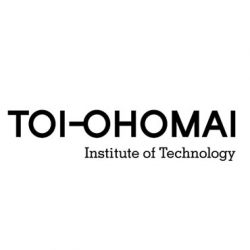
Sean Squires
Project Leader
Bay of Plenty Polytechnic (now Toi Ohomai Institute of Technology)
Barry Dawe
Bay of Plenty Polytechnic
Andy Kennedy
Bay of Plenty Polytechnic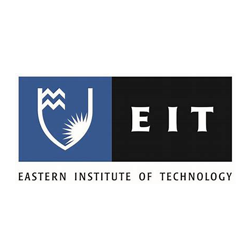
Tim Jagusch
Eastern Institute of Technology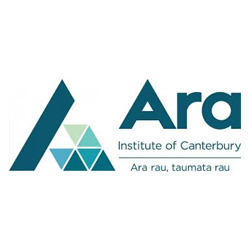
Peter Sauer
Christchurch Polytechnic Institute of Technology (now Ara Institute of Technology)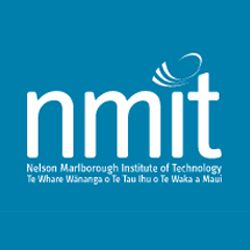
Barry Patterson
Nelson Marlborough Institute of TechnologyStatus
Funding
$20,000.00 (excl GST)
Key Findings
The key findings from the project were:
- For successful outcomes in full-time and managed apprenticeship training programmes within ITPs, there has to be commitment from all three key stakeholders: employers, trainers and learners.
- A full-time training programme with a work experience element is key to building strong relationships with work experience providers and employers, who are often, but not always, one and the same. These relationships, in turn, foster collaboration across a diverse sector assisting to keep programmes relevant and current.
- In order to build a collaborative environment of trust across the automotive training sector, relationships and communication between providers must follow a similar pattern to that afforded to learners and employers. The potential outcomes achievable from a larger group of industry and educational experts collaborating on development and delivery of programmes resulting in consistently high-quality graduates will provide the best possible training option for any industry.
- A new focus is emerging for an improved automotive repair industry, with better outcomes, consistency and portability for learners from their training experience. This will, in turn, contribute to improved sustainability and relevance for ITPs as automotive education providers.
Key Recommendations
Two key recommendations from the project were to:
Improve tutor training for on-line programmes: The printed and online resources were reported as positively received and helpful in training from those surveyed at BOPP, however that was not the case across the board with the online resources being used in other regions. It would appear there are three areas which could be improved. Firstly, training and use of the online resources needs to be consistent at trainer level. There is currently nothing that indicates this is the case. Secondly learners need to be trained on the use of the same to simplify submissions of assessments. Thirdly the gap between Level 3 and Level 4 online use and understanding needs to be closed.
Improve sustainability of automotive programmes | Post-project, as the collaborative group expands to include CPIT Aoraki, Tai Poutini and Otago with Waiariki (Rotorua) and Unitech Institute of Technology (Unitech), a new focus is emerging for an improved automotive repair industry, with better outcomes, consistency and portability for learners from their training experience. This will, in turn, contribute to improved sustainability of automotive programmes and relevance for ITPs as automotive education providers.
A project report prepared by Sean Squires, Barry Dawe, Andy Kennedy, Tim Jagusch, Peter Sauer and Barry Patterson.
(PDF, 740 KB, 24-pages).
- 30 June 2015
A guide prepared by Sean Squires, Barry Dawe, Andy Kennedy, Tim Jagusch, Peter Sauer and Barry Patterson.
(PDF, 270 KB, 10-pages).
- 30 June 2015